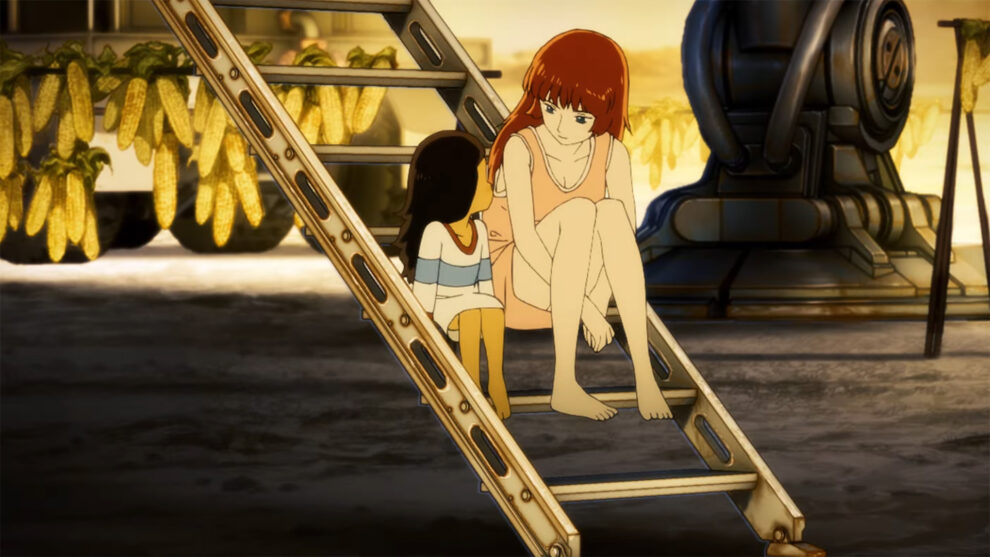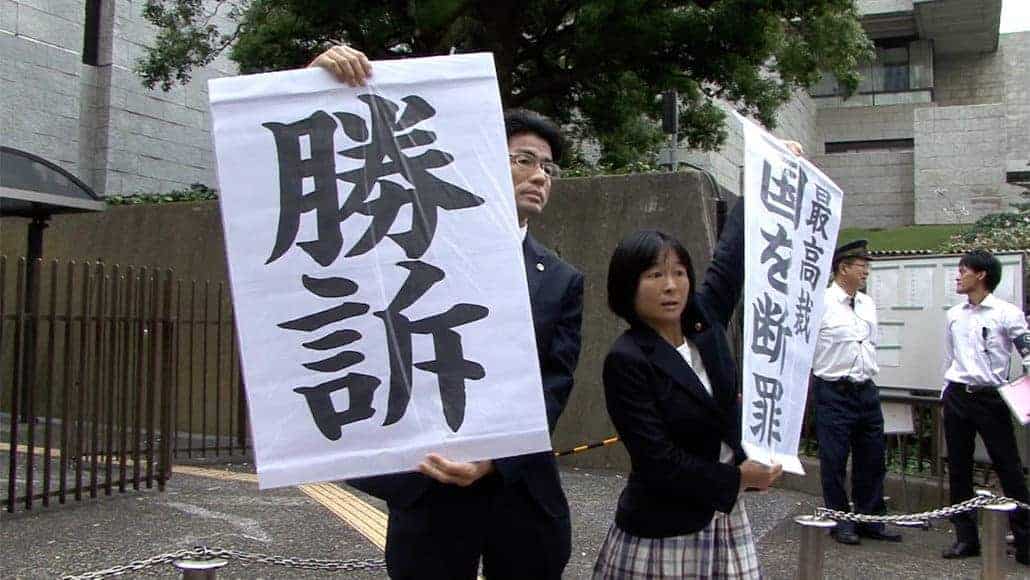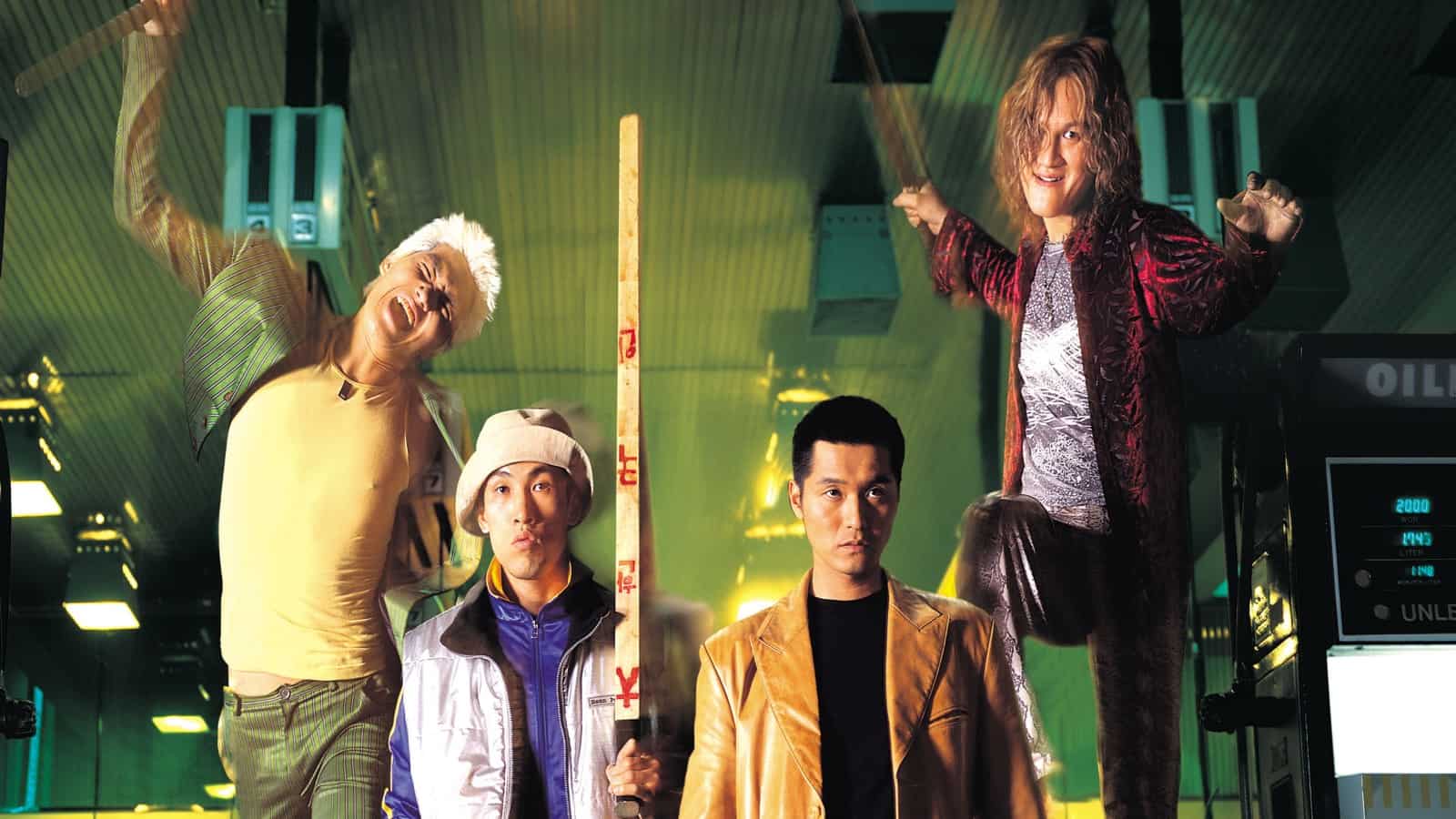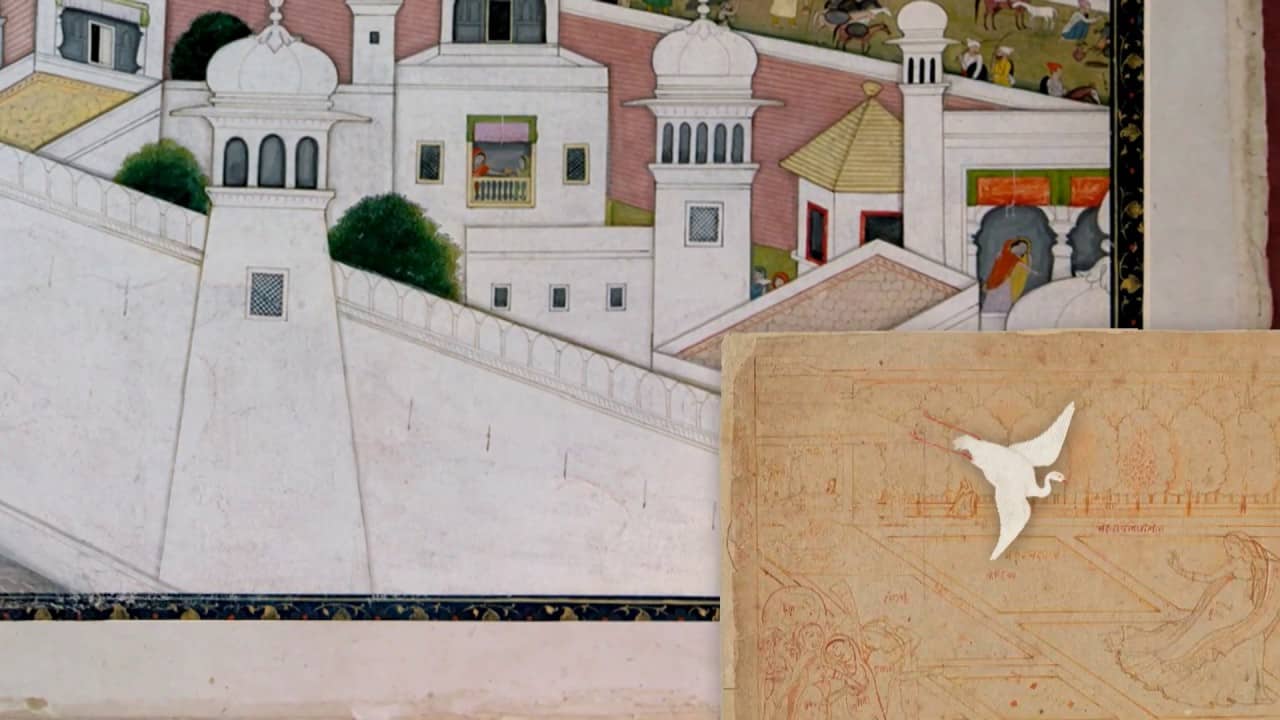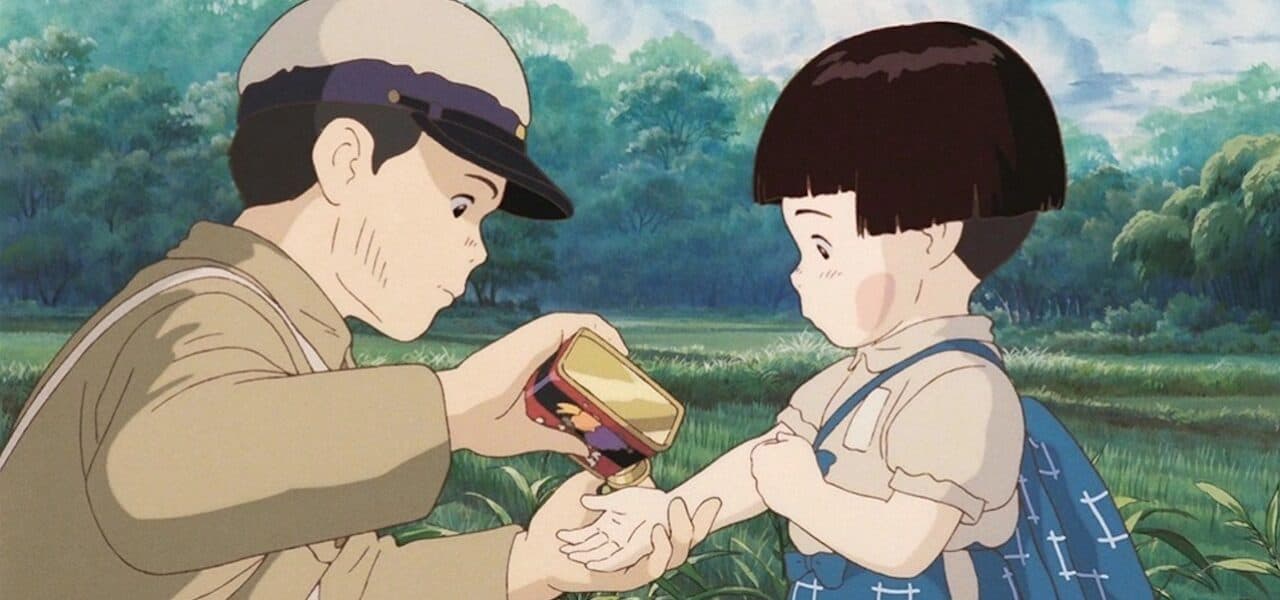Originally released as a four-episode mini-series (“Phoenix: Eden17”) and adapted into a feature-length film with an alternative ending, “Phoenix: Reminiscence of Flower” is based on the work Hi no Tori (Phoenix) by Osamu Tezuka. The original series, which began publishing in 1954, was plagued by sporadic release and was never finished due to the legendary mangaka's passing in 1989.
The story, spanning over a thousand years, starts with Romi and her partner escaping from Earth and finding a new planet they can cultivate and grow a home on. Romi gives birth and leaves her child behind to sleep in stasis for 13 years, which turns into 1,3000 years when an error occurs. However, when she awakes, the space traveler finds that an entire civilization has risen, with her son having met and bred with alien life. Now the queen of the ‘moopy's,' Romi's desire to return to Earth still grows; when a young alien, Com, decides to take her, she readily accepts.
Phoenix: Eden17 is screening as part of the 24th Nippon Connection Japanese Film Festival
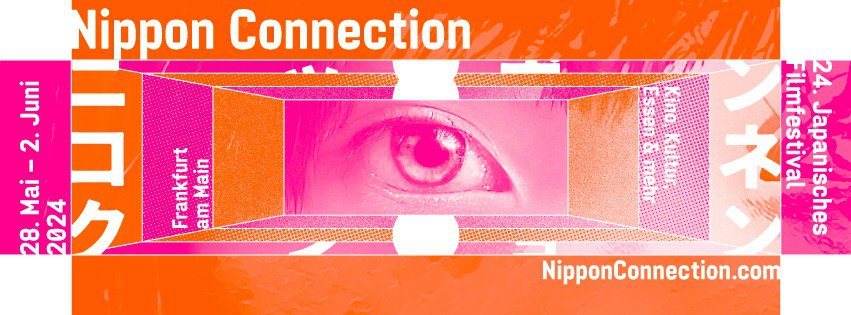
It is important to note where “Phoenix: Reminiscence of Flower” excels before focusing on its shortcomings. Studio 4°C did a phenomenal job adapting Tezuka's work visually, with the anime offering a unique, fantastical world while keeping the classic manga aesthetic. Moreover, it can't be understated how well the production captures the vastness of space, a mix of beauty and wonder, with several sequences that see the travelers sweeping across multiple galaxies. The world within feels wholly original yet oddly nostalgic under the lens of Tezuka's inspiration.
The sound design perfectly suits a space adventure, from sweeping orchestral scores to emotional voice acting. Notably, actor Rie Miyazawa, best known for her live-action roles in films like “Twilight Samurai,” and “Her Love Boils Bathwater,” encapsulates a woman in various stages of her life, dealing with heavy emotional burdens. Her interactions as Romi with the young voice actor Honoka Yoshida as Com captures the balance of friendship and motherly care that is key in pushing the anime's dramatic elements. Overall, the production quality is exemplary of how to adapt Tezuka, but where “Phoenix: Reminiscence of Flower” starts to falter is in the story.
Those who have grown up with OAVs, the earlier introduction of mature anime to the West, will get an idea of the general flow of “Phoenix: Reminiscence of Flower,” which feels rushed and misses context. Characters are introduced only to become later irrelevant or appear with a rushed backstory that minimizes their impact. Moments with that visual flair are also overly brief, with one planetary venture with bizarre yet fascinating flora and fauna being a disappointingly brief sidenote to the grand journey.
The greatest mistake is sacrificing the emotional connection to tell the bigger story. Key characters die, utopias thrive, corrupt dystopias scheme, and civilizations fall, all within an hour and a half running time. The anime makes the viewer feel nothing but emptiness in all of these instances. Moreover, the various moral quandaries that the movie poses are so bereft of substance that they become miserable; a planet crumbling under greed is meaningless and only shows suffering without giving reason to care. “Phoenix: Reminiscence of Flower” may be a visual wonder, but it is a complete narrative failure.
“Phoenix: Reminiscence of Flower” offers a strong visual presentation backed by strong performances; if you can see it on the screen, it is worth it. However, the story fails to capture the intended profundity under the weight of an overly rushed pace. This should have been a 12-episode anime series, or it could have focused on a singular element and told a more cohesive story to honor its creator properly.


